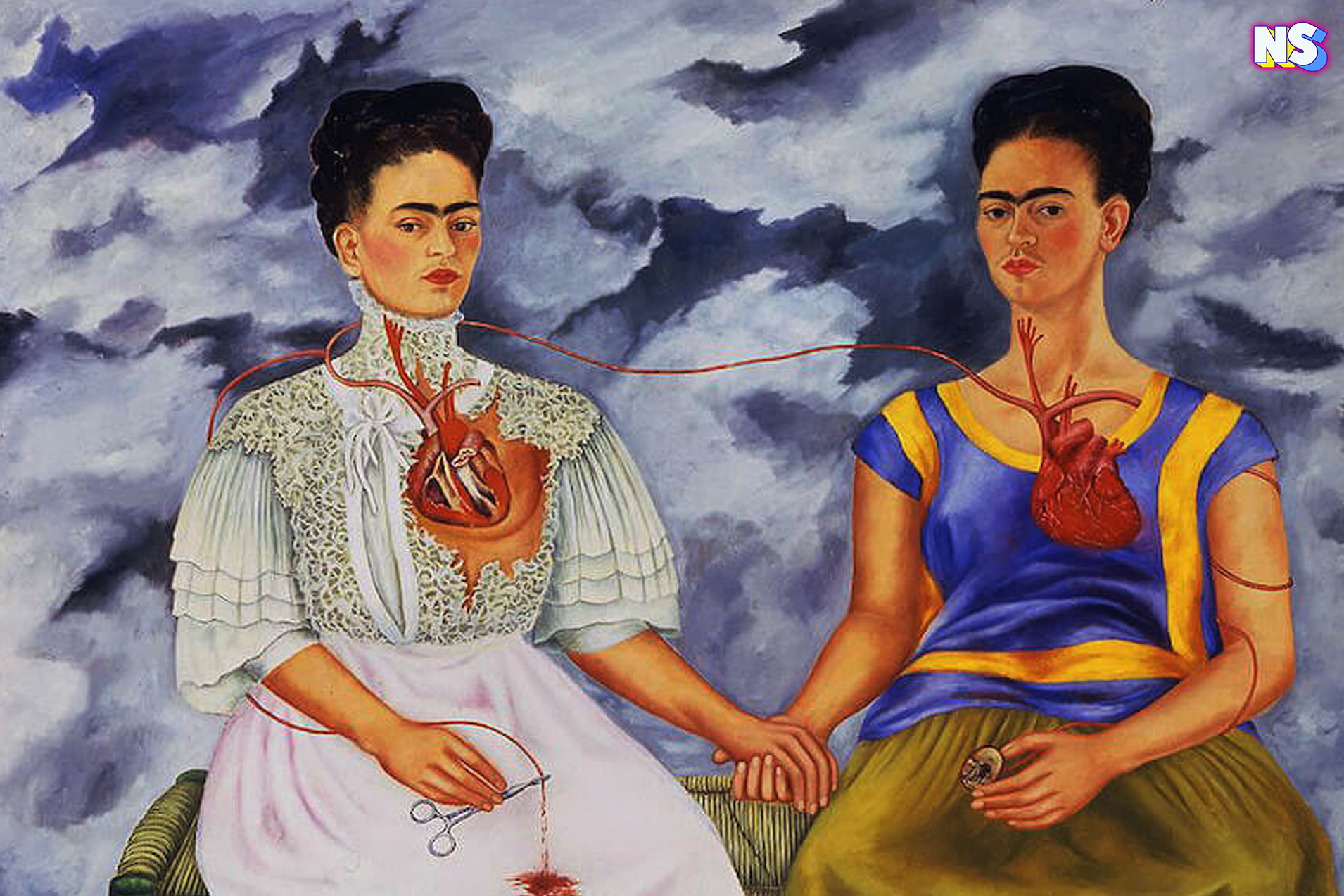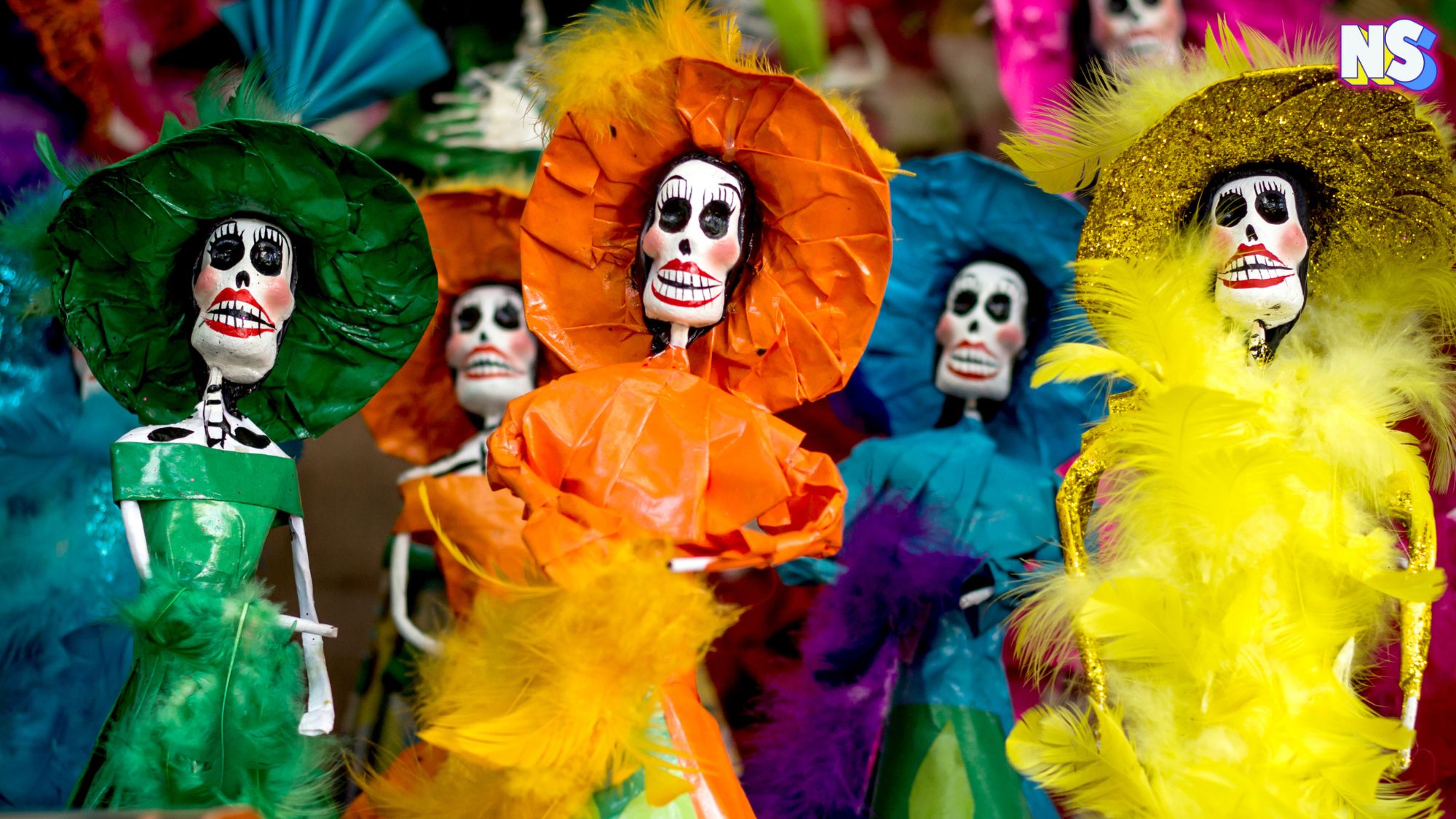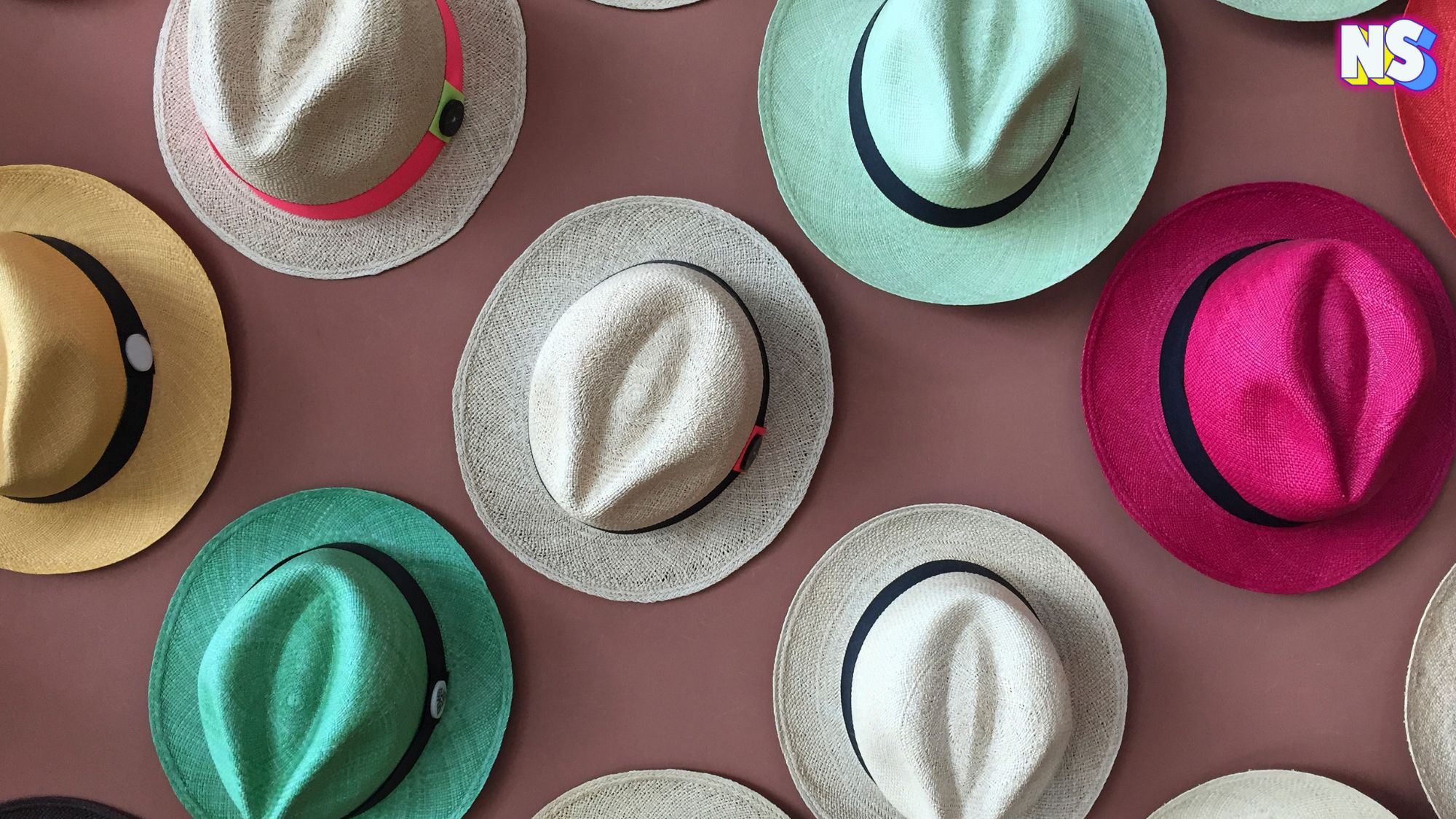Courtesy of www.FridaKahlo.org
It’s undisputed: Frida Kahlo is one of the most famous female icons of the 20th century.
“The life and work of the Mexican artist Frida Kahlo has achieved near cult status,” the Independent publication confirms in a recent article about the Mexican artist.
Yet, in her lifetime,Kahlo was mostly known as the wife of the famed Mexican muralist and painter Diego Rivera, … and partly for being a talented surrealist painter.
In 1938, André Breton, the founder of the surrealist movement, famously described Kahlo’s art as a “ribbon around a bomb.” (According to art historians, Frida rejected any label, saying, “Really I do not know whether my paintings are surrealist or not, but I know that they are the frankest expression of myself.”)
So, perhaps it's only fitting that the largest portrait (in size) that she ever painted – "The Two Fridas" – is a piece about understanding Kahlo's dueling personas. In it, she portrays herself as a Mexican wife on one side, and a painter of European descent on the other, while including the many layers that made up her personalities.
“Frida’s life was characterized by a series of dichotomies – the pull between Europe and Mexico, between the masculine and feminine, dark and light, ancient and modern, illness and health, the personal and the political,” the Independent outlet writes.
The question then is: which portrait is the true Kahlo?
The Dueling Fridas
To the naked eye, created in 1939, “The Two Fridas” is a self-portrait that features two versions of Kahlo sitting side by side, holding hands.
But, like all of her work, it’s simple yet complicated.
“We see this similar hand-holding in Frida’s ‘Las Dos’ painting. However, here, Frida is holding her own hand, which could possibly indicate a new type of marriage she underwent with herself, deepening her relationship with herself,” the outlet ArtInContext.org explains. Adding: “This ultimately gives her masterwork painting a deeper meaning altogether, showing us how she held her own hand through her heartbreak and pain, holding her own hand as she walked across the bridge that gapped her role as a woman in a European world and a woman in a Mexican world.”
The two Fridas are simply Kahlo's identity and personal history, which is not so simple.
The Elements of Dos Fridas
The background is a stormy sky, and the ground is covered with a medical corset, which was a significant element in Kahlo's life.
The Frida on the left is dressed in traditional Mexican attire, wearing a Tehuana dress, which was often associated with Kahlo's strong connection to her Mexican heritage. This Frida holds an amulet containing a portrait of Diego Rivera, Kahlo's husband, indicating her deep emotional connection to him, even after the divorce.
On the right side, another Frida is dressed in a Victorian-style dress, with lighter skin, representing Kahlo's European ancestry from her father's side. This Frida holds a surgical instrument, obviously a reference to the multiple surgeries and medical challenges Kahlo faced throughout her life.
The open heart in this version of Frida is bleeding, with an artery that connects to the heart of the traditional Frida, symbolizing the emotional pain and heartbreak Kahlo experienced, particularly in her recent divorce from Rivera.
The stormy sky in the background reflects the tumultuous emotions and challenges that Kahlo faced during this period in her life.
The painting is often interpreted as a depiction of Kahlo's internal struggles with her identity, her mixed heritage, her relationship with Rivera, and her physical pain.
"In Frida's diary, she wrote about this painting and said it originated from her memory of an imaginary childhood friend," the website FridaKahlo.org states. "Later she admitted it expressed her desperation and loneliness with the separation from Diego."
"The Two Fridas" is considered one of Kahlo's most powerful and iconic works, and her largest. At almost lifesize, it was a departure from her mostly small portraits. Some say she was advised to paint at a larger scale for commercial success. Others say the size reflects her physical strength at the time.
The painting sold for around $1,000, making it one of Kahlo’s highest grossing works in her lifetime. Today, her paintings have sold for millions of dollars, solidifying her place at the top of the art world … and modern history.





